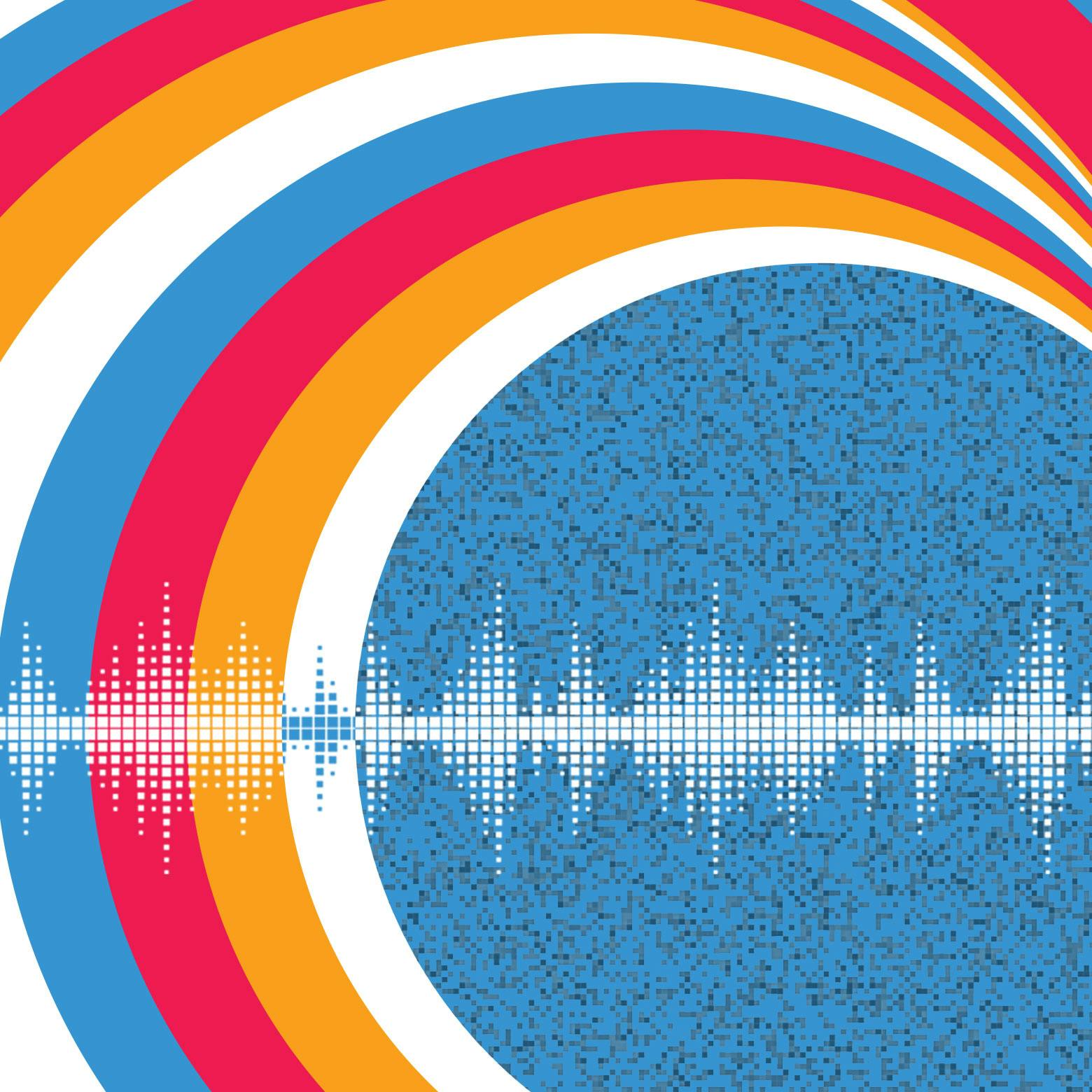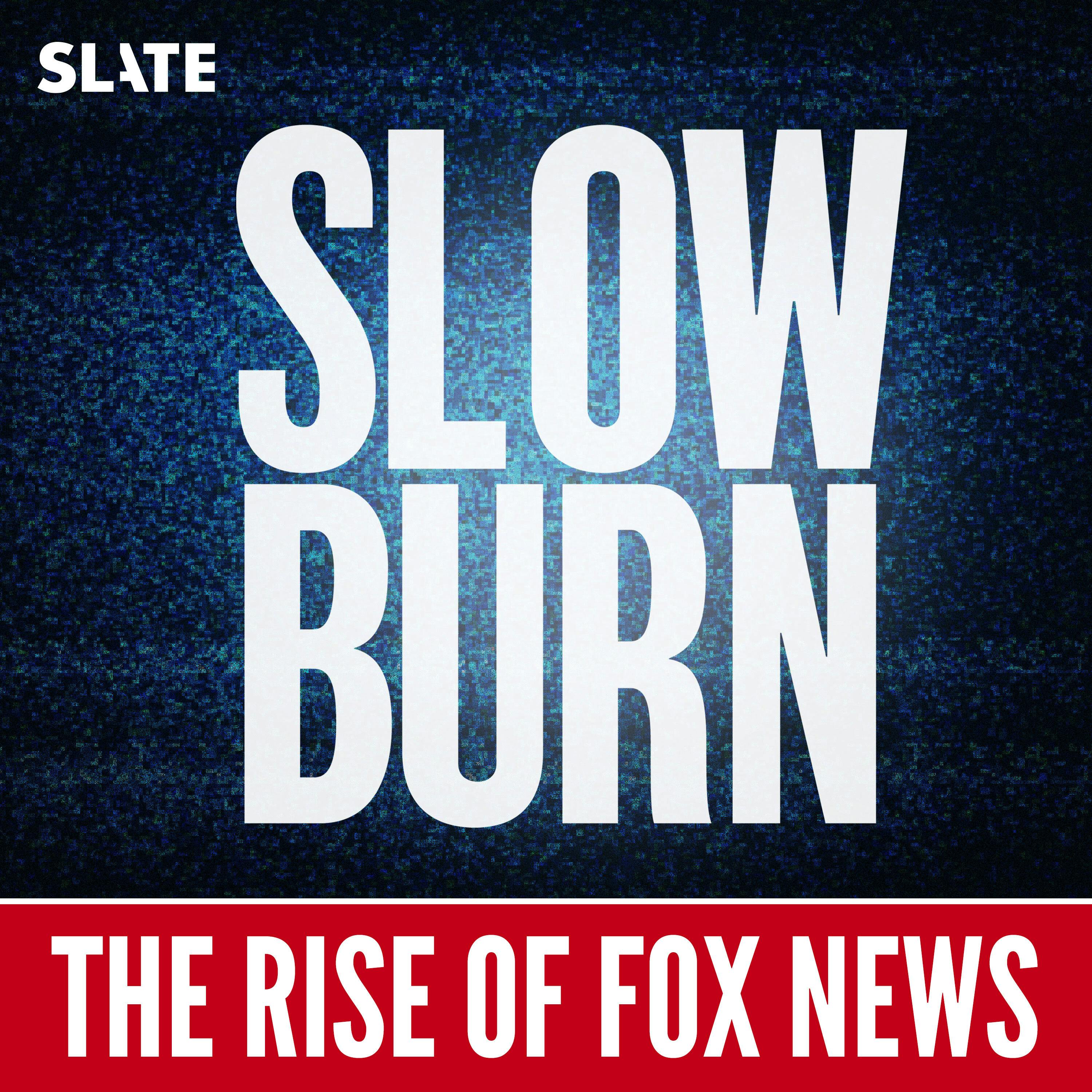
Deep Dive
- Global white noise market valued at $1.3 billion
- Spotify users listen to 3 million hours of white noise daily
- White noise used for sleep, concentration, and masking unwanted sounds
Shownotes Transcript
White noise has a very precise technical definition, but people use the term loosely, to describe all sorts of washes of sound—synthetic hums, or natural sounds like a rainstorm or crashing waves—that can be used to mask other sounds. Twenty years ago, if you’d told someone white noise was a regular part of your life, they would have found that unusual. Nowadays, it’s likely they use it themselves or know someone who does. The global white noise business is valued at $1.3 billion; TikTok is full of people trumpeting its powers; and Spotify users alone listen to three million hours of it daily. Far more of these sounds already exist than any one person could need—or use. And yet, more keep coming.
Looking out at this uncanny ocean of seemingly indistinguishable noises, we wanted to see if it was possible to put a human face on it; to understand why there is so much of it, and what motivates the people trying to soothe our desperate ears with sounds you're not really supposed to hear.
In this episode, you’ll hear from Elan Ullendorff,) who writes the illuminating Substack Escape the Algorithm)*; *Stéphane Pigeon), founder of myNoise); Brandon Reed, who runs Dwellspring); and Mack Haygood), author of Hush: Media and Sonic Self-Control) and host of the podcast Phantom Power).
We’d also like to thank Dan Berlau, Sarah Anderson, and Ashley Carman.
This episode was written by Katie Shepherd, Evan Chung, and Willa Paskin. It was produced by Katie Shepherd. We produce Decoder Ring with Max Freedman, and Evan is also our supervising producer. Merritt Jacob is Senior Technical Director.
If you have any cultural mysteries you want us to decode, please email us at [email protected]), or leave a message on our hotline at 347-460-7281.
Sources for This Episode
Anderson, Sarah. The Lost Art of Silence: Reconnecting to the Power and Beauty of Quiet), Shambhala Publications, 2023.
Blum, Dani. “Can Brown Noise Turn Off Your Brain?)” New York Times, Sep. 23, 2022.
Carman, Ashley. “Spotify Looked to Ban White Noise Podcasts to Become More Profitable,)” Bloomberg, Aug. 17, 2023.
Carman, Ashley. “Spotify to Cut Back Promotional Spending on White Noise Podcasts),” Bloomberg, Sep. 1, 2023.
Hagood, Mack. Hush: Media and Sonic Self-Control), Duke University Press, 2019.
Pickens, Thomas A., Sara P. Khan, and Daniel J. Berlau. “White noise as a possible therapeutic option for children with ADHD),” Complementary Therapies in Medicine, Feb. 2019.
Riva, Michele Augusto, Vincenzo Cimino, and Stefano Sanchirico. “Gian Lorenzo Bernini’s 17th century white noise machine),” The Lancet Neurology, Oct. 2017.
Want more Decoder Ring? Subscribe to Slate Plus to unlock exclusive bonus episodes. Plus, you’ll access ad-free listening across all your favorite Slate podcasts. Subscribe now on Apple Podcasts by clicking “Try Free” at the top of the Decoder Ring) show page. Or, visit slate.com/decoderplus) to get access wherever you listen.
Learn more about your ad choices. Visit megaphone.fm/adchoices)
